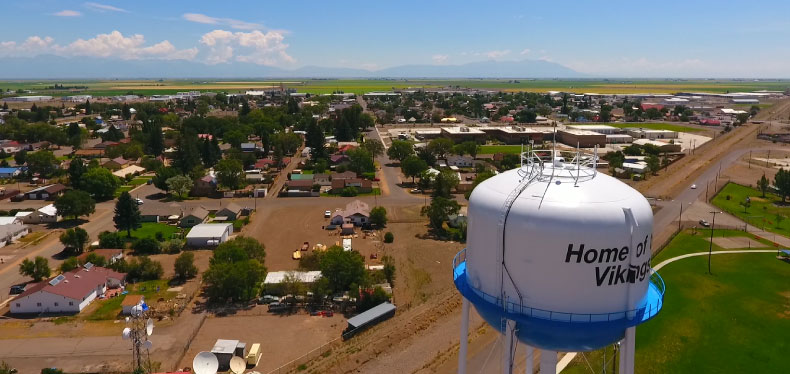
With the rise of smart cities, more smart devices are being deployed across cities worldwide. Typically initiated by installing advanced cameras for public safety and traffic monitoring, smart city projects usually end up with a range of deployed Internet-of-Things (IoT) sensors. The data generated by these sensors help improve municipality services such as lighting control, parking spaces and environmental monitoring.
While safe city IP cameras demand high-bandwidth and low latency, IoT sensors have a different set of characteristics; usually transmitting less data, less frequently. Moreover, sensors are designed to consume low levels of power to assure economical and operational value.
In the context of smart cities, IoT connectivity solutions can be divided into two categories. One is the cellular IoT standards category such as LTE-M and NB-IoT; specifically designed to meet the low-power, wide-range requirements that are included as part of the 5G mobile standard. Many mobile operators have already started to offer cellular IoT solutions; LTE-M has been popularized by Verizon and AT&T in the US, while NB-IoT has been adopted across Europe and China.
The second type of IoT connectivity is unlicensed, proprietary solutions such as LoRa and SigFox. LoRa enables municipalities to build a private IoT network with LoRa-based sensors and gateways. From the gateways, data can be transmitted to a cloud server via Ethernet or other wireless options such as 3G/4G.
Taking a broad perspective, smart city connectivity will have to meet access and backhaul requirements for both narrowband IoT and broadband applications.
RADWIN's Smart-Node is an all-in-one power and communication solution for smart cities. Offering versatile external and internal interfaces to power, connect and manage multiple devices including HD IP cameras, Wi-Fi access points and IoT gateways, Smart-Node bridges the gap between broadband and narrowband. When using wireless broadband radios for communications, Smart-Node assures the benefits of a fully-private network. In fact, it constitutes a 'one-stop-shop' for multiple smart city applications, while significantly simplifying deployment processes and smart city maintenance.
For more information, get the RADWIN Smart-Node and/or Smart-City brochure.

 Back
Back

